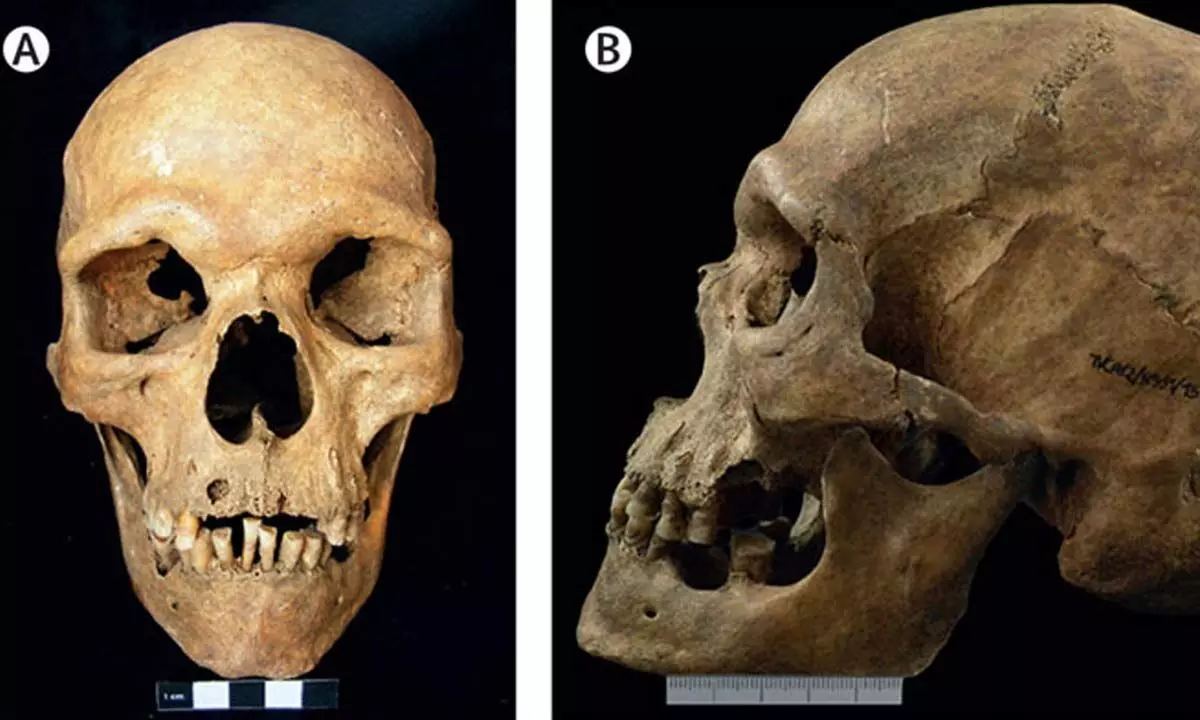Researchers Discovered Oldest Case Of Rare Genetic Condition

Researchers Discovered Oldest Case Of Rare Genetic Condition
- The earliest clinical instance of Klinefelter Syndrome to date has been reported by a team of international researchers
- The proof comes from a Portuguese skeleton that is 1,000 years old.
The earliest clinical instance of Klinefelter Syndrome to date has been reported by a team of international researchers who have discovered evidence of an extremely uncommon genetic disorder that gives men an extra X chromosome.
The proof comes from a Portuguese skeleton that is 1,000 years old.Klinefelter Syndrome is a rare genetic disorder that affects one in 1,000 genetically male births and causes people to have an extra copy of the X chromosome.
A multidisciplinary team was assembled for the project, which was directed by Dr. Joo Teixeira, an ARC DECRA Fellow at The Australian National University (ANU), and used genetic, statistical, archaeological, and anthropological data to make a conclusive diagnosis.
The group got started by analysing genetic data from a skeleton discovered in northeastern Portugal that had been radiocarbon dated by Portuguese academics from the University of Coimbra to the 11th century.
The findings, according to the researchers, will improve knowledge of the prevalence of Klinefelter Syndrome throughout human history and assist develop a historical record for the condition. Their study demonstrates the enormous potential of integrating several lines of data to investigate the history of humanity and the prevalence of various health disorders over time.
The well-preserved condition of the specimen allowed the researchers to identify physical characteristics of the skeleton that are consistent with Klinefelter Syndrome. In order to corroborate the diagnosis, Dr. Teixeira added that they devised a novel statistical procedure that could take into consideration the properties of ancient DNA, as well as their findings given the fragile state of the DNA.
Despite the study's strong support for Klinefelter Syndrome's genetic origins, no sociological conclusions can be made from this diagnosis. The researchers propose that their novel approach to skeleton analysis might be further developed to examine various chromosomal anomalies in additional ancient material, including Down syndrome.
Next Story

















